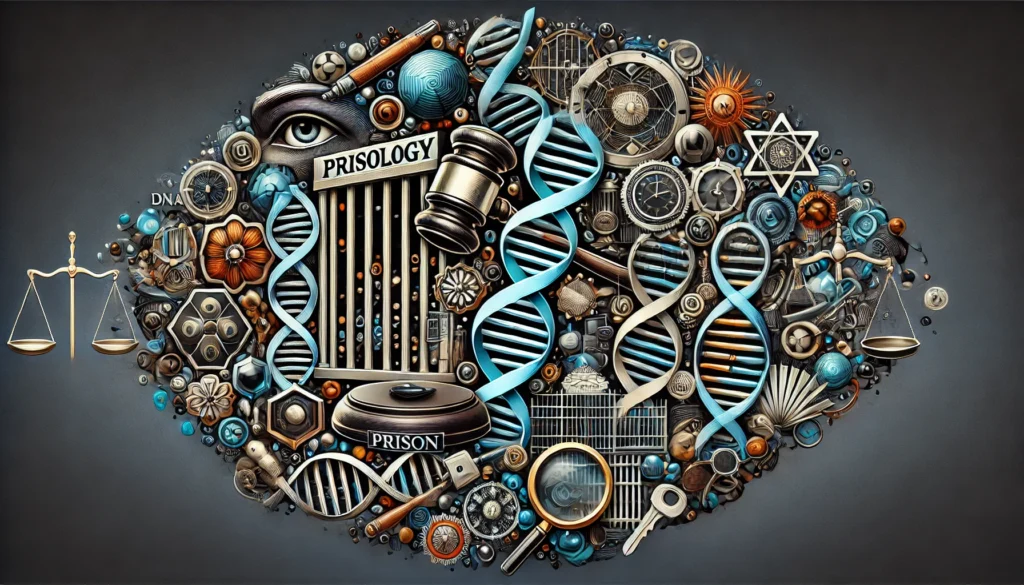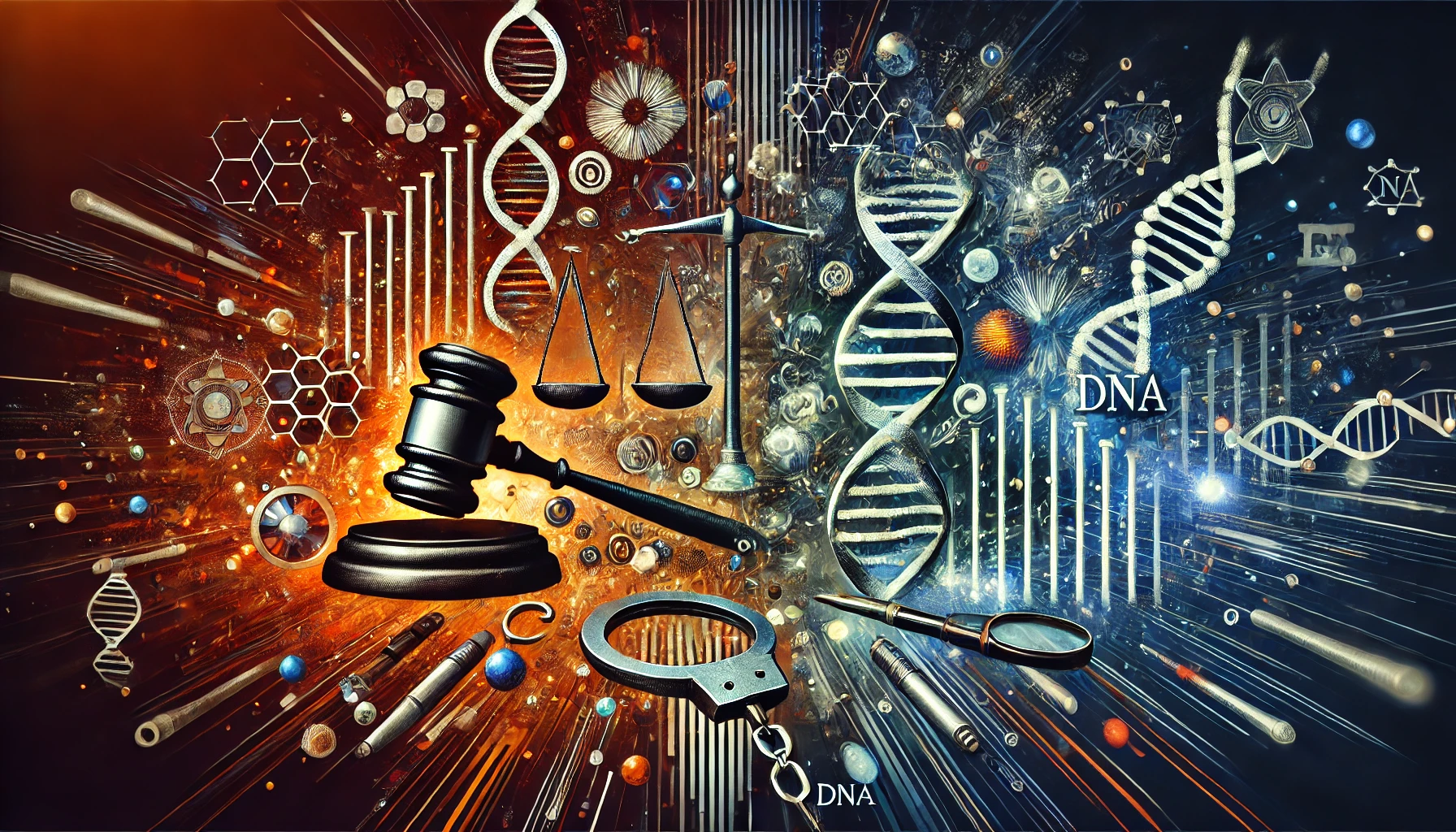Penology and criminology are two critical disciplines within the realm of criminal justice. While criminology examines the causes, patterns, and prevention of crime, penology focuses on the systems of punishment, correction, and rehabilitation. Together, they provide a comprehensive framework for understanding criminal behavior and societal responses to it. This article delves into the relationship between these fields, highlighting their significance, challenges, and future directions.
1. Understanding Criminology
Definition and Scope: Criminology is the scientific study of crime, its causes, effects on society, and methods of prevention. It explores various aspects, including social, psychological, and environmental factors that influence criminal behavior.
Key Theories in Criminology:
- Classical Theory: Focuses on rational choice and free will, advocating for proportional punishment to deter crime.
- Positivist Theory: Emphasizes biological, psychological, and social determinants of criminal behavior.
- Social Structure Theories: Investigate how societal structures, like poverty and inequality, contribute to crime.
Importance of Criminology: Criminology informs policies and practices in law enforcement, crime prevention, and justice, aiming to reduce crime rates and improve societal well-being.
2. Exploring Penology
Definition and Purpose: Penology, a branch of criminology, studies the theory and practice of punishment, corrections, and rehabilitation. It examines the effectiveness of various penal systems and their impact on offenders and society.
Approaches to Punishment:
- Retribution: Punishment as a form of justice, ensuring offenders pay for their crimes.
- Deterrence: Discouraging criminal behavior through the threat or application of punishment.
- Rehabilitation: Focusing on reforming offenders to reintegrate them into society.
- Restoration: Repairing harm caused to victims and communities through restorative justice practices.
Modern Penal Systems: Modern penology emphasizes human rights, ethical treatment of offenders, and evidence-based practices to reduce recidivism.
3. The Relationship Between Criminology and Penology
Interdependence: Criminology and penology are interconnected; criminological research informs penological practices, while penology provides practical applications for criminological theories.
Policy Development: Insights from criminology help shape penal policies, ensuring they address the root causes of crime while promoting fairness and justice.
Crime Prevention and Rehabilitation: Criminology identifies factors leading to crime, aiding in designing preventive measures, while penology focuses on correcting behavior through rehabilitation programs.

4. Challenges in Criminology and Penology
Ethical Dilemmas: Balancing justice, punishment, and rehabilitation often raises ethical concerns, especially regarding fairness and human rights.
Overcrowded Prisons: Many penal systems struggle with overcrowding, limiting their ability to provide effective rehabilitation and humane conditions.
Recidivism: High rates of reoffending challenge the effectiveness of both criminological theories and penological practices.
Global Crime Trends: Transnational crimes, such as human trafficking and cybercrime, require innovative approaches in both fields.
5. Future Directions
Technological Advancements: Artificial intelligence, data analytics, and digital monitoring are revolutionizing crime detection, prevention, and offender management.
Restorative Justice Models: Emphasizing victim-offender dialogue and community involvement is gaining traction as a humane and effective approach to justice.
Global Collaboration: Increased cooperation among nations is crucial to address international crimes and share best practices in criminology and penology.
Focus on Rehabilitation: Future penal systems are expected to prioritize education, mental health support, and skill development for offenders to reduce recidivism.
Conclusion
Penology and criminology are vital components of the criminal justice system, working together to understand and address crime. By integrating theoretical insights with practical applications, these fields aim to create a safer and more just society. The ongoing evolution in both disciplines highlights the importance of innovation, ethics, and collaboration in shaping effective responses to crime and justice.

